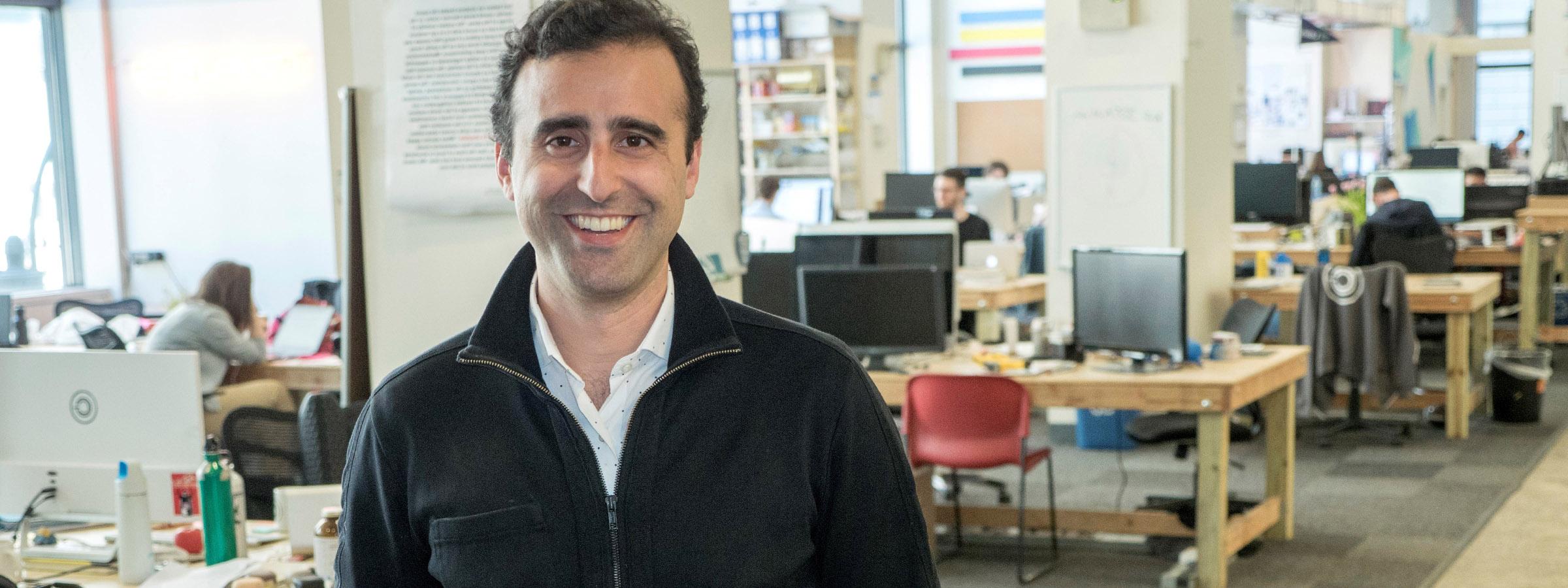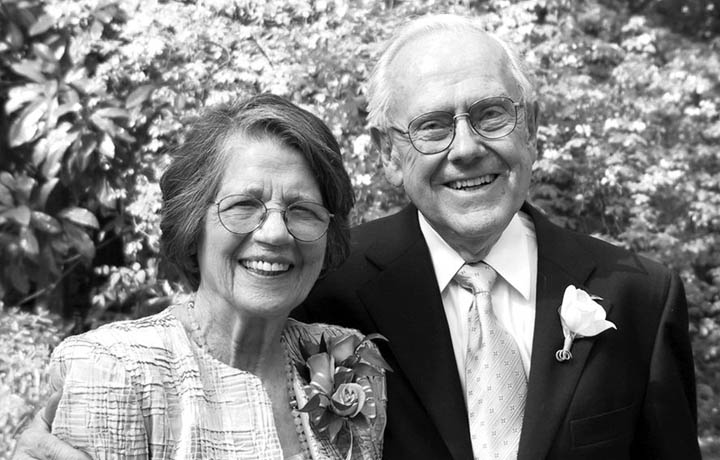Article
'Let's give physicians more employment options'
By Alexi Nazem | April 30, 2018

Alexi Nazem, M.D., is the founder and CEO of Nomad Health, a digital marketplace for healthcare recruiting.
The United States is facing a huge clinician shortage. We anticipate a shortfall of 120,000 physicians by 2030 and 1 million nurses by 2020. The problem is often one of geographic allocation of resources – urban centers have substantially more doctors than rural areas. Other factors like burnout and early retirement also contribute to the number of doctors no longer in the workforce.
We can't create new doctors today, but we can liberate supply. Right now, there are doctors in Boston and Philadelphia who may not want to move to South Dakota or New Mexico, but would be perfectly happy to work there for two months and care for patients who really need them.
About 48,000 doctors every year do locum tenens work, and I believe even more would if we made it easier to find opportunities, apply, and get licensed and credentialed. The last time I did locum tenens work, it took me 10 months to secure a three-day job!
More broadly, as an industry we need to make doctors happier by letting them get back to what they love doing, which is focusing on the patients who need them. After all, data show that happier doctors keep working longer and experience less burnout.
We need to offer clinicians all types of work.
That's important, because we are losing late-career doctors who no longer want to work 80 hours a week, and burning out young doctors, particularly women, who need more work-life balance. We also have a new crop of young doctors who expect flexibility in every area of their lives, including their careers.
We need to offer clinicians all types of work. Temporary gigs, consultancy, full-time employment, telehealth consultations, freelancing – anything that will allow them to leverage their clinical skills in a way that fits their lives. We can and should take the friction out of matching candidates with opportunities, allowing clinicians to find the right job for each stage of their careers. This could go a long way in reducing burnout and keeping physicians engaged and active in the workforce.
Contrary to what you might think, when doctors are given the chance to choose their working schedule, not everyone wants to work Monday through Friday, 9 – 5. It turns out there is a lid for every pot. For every working parent who wants to be home at night, there is another doctor who just wants to moonlight on the weekends. Indications are that this kind of flexibility will be a net gain for overall physician capacity.
Not every doctor wants to work Monday through Friday.
Moving from job to job all over the country can actually keep doctors more engaged because they are doing more clinical work and seeing more patients. The majority of locum tenens work is focused on acute care; there is great professional satisfaction from helping patients who are right in front of you, even if you're not going to have a long-term relationship with them.
Clinicians feel like they are fulfilling their professional obligation – it can feel amazing to help out in a critical-need situation. A little while back I did a locum job at a hospital, covering night shifts in the emergency department where there was a critical shortage. If I hadn't been able to step in, the only other doctor on duty would have been absolutely overwhelmed and patients would not have been as well or as quickly attended to.
The drive among clinicians to fulfill their professional obligation also carries over to telemedicine. At Nomad, we have found that there is a huge appetite among doctors for this kind of work – they want to put their clinical skills to work where they are most needed. Even a 20-minute telemedicine consult lets doctors help even more patients – it's both time-efficient and cost-effective.
Telemedicine can significantly expand the capacity of health systems that can't employ full-time specialists such as neurologists or pulmonologists, giving them access to expertise they wouldn't otherwise have. Again, this is a way to remove friction from the system so we can allocate resources whenever and wherever they are needed.
All doctors and nurses really want to do is take care of patients. They want to be at the bedside. One of the best ways we can reduce burnout and improve quality of life for clinicians is to make it much easier to get to that bedside, in person or virtually.






